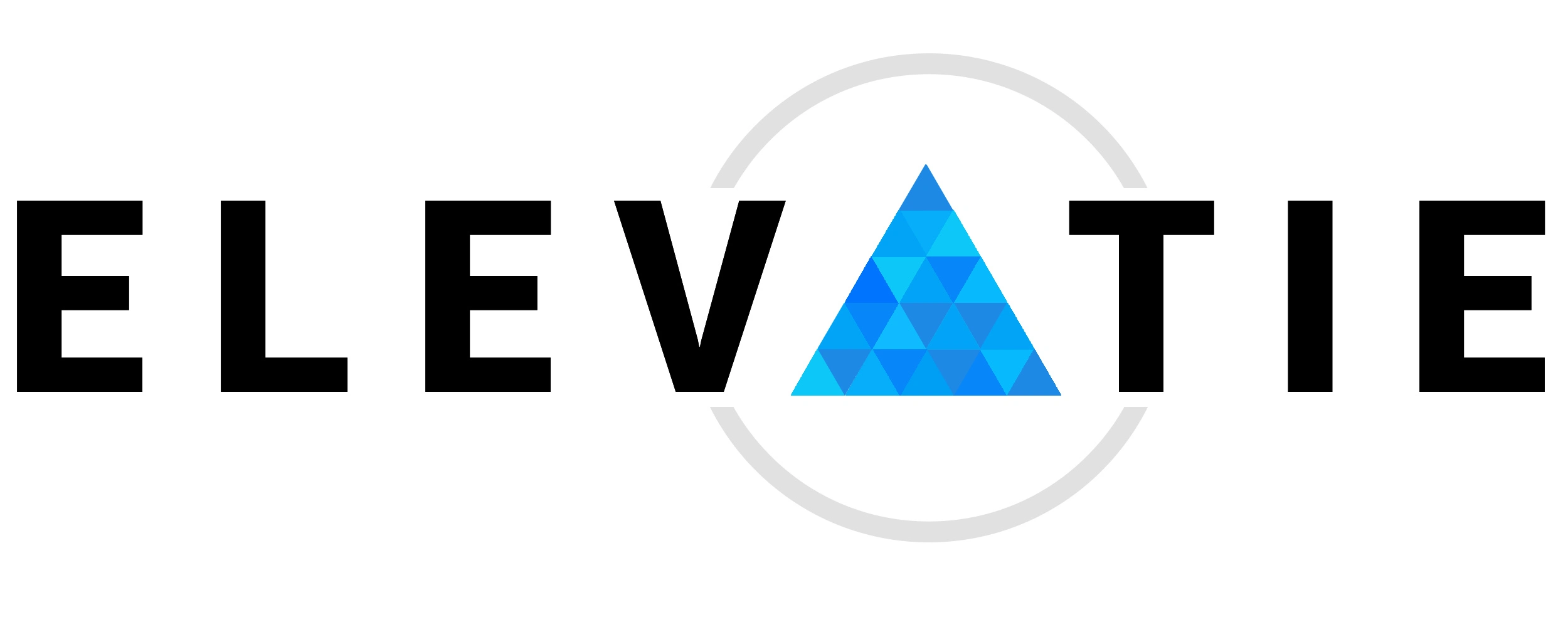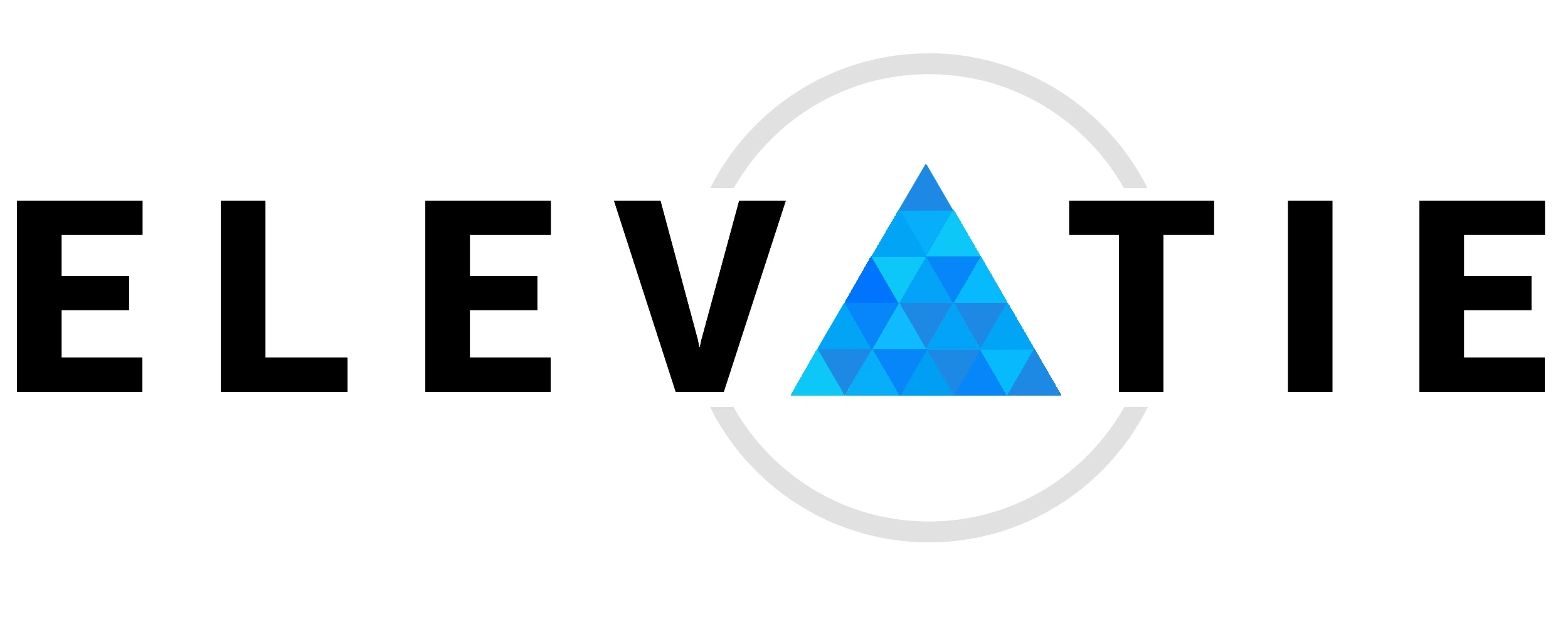27 Feb Ultimate guide to diagnosing internet reputation management
Internet reputation management refers to the process of controlling the search results that show on Google on your name. Promoting positive content over negative one is the basic goal of every internet reputation management process. It is important to ensure that when someone Googles about your, the search engine is populated with more positive and relevant content than negative one.
The first step of controlling the situation is to determine whether or not you are facing a reputation crisis. This guide will assist you in diagnosing your Google ranking. According to what kind of results show on your name, you will establish the correction.
Google Yourself: Step 1
The first step is to Google yourself.
- Sign out of all your Google Accounts. Google will employ personalized and local searches when you have your account signed in. In simple words, your results will be slightly altered and will not be relevant if you are signed in. A third person would not see the same results. So it is significant to sign out before getting a true picture of your search results.
- Search yourself with the names through which people will search you. Are you using your initial or middle name? Do you have a nickname by which most people call you? Did you initiate a new name through which people will be searching you? Moreover, google any variation of your brand name. Ensure using the same name on your resume, website and social media profiles.
Step 2: Diagnosis
Google has different categories for ranking. It is best to determine as early as possible about which category you belong to. Determine for yourself the category that best suits your name and represents you perfectly.
Negative
Negative category is the worst category because it means there are more than one domain that is representing you in a negative way. This category is not only for bad people and criminals. In the world of anonymous sharing and social networking, it is easy to get your reputation tarnished. A single image or a single post or a false accusation can wreck for you all your hard work.
Irrelevant
If you have irrelevant results showing on the search engine- it is not all bad. Irrelevant results show that the information available about you is outdated and not applicable now. If “that’s not me” is your reaction to these results, it implies that it is time to post meaningful stuff about you. What irrelevant results do is prevent the researcher from finding absolutely anything about you that they can trust. In internet reputation management it is as important to get rid of irrelevant content as bad content.
Positive
This shows that everything so far is going good. Your content is well-branded and is working for you. If this is not the category you want to fall in, this guide will help you through.
Step 3: Make a plan
Know where you stand. Become proactive and start working for better search results. Your aim should to be to have the highest ranking on search engines. Depending on the presence you have on web- you need to figure out how much more effort you need to put in to improve.
Let us assume that you have no results and content. What you need to do is start building a presence on Google. Begin with posting positive content online. If you don’t have positive content- do not expect growth.
Bury the content that you don’t need. Maybe you published some content online that is completely irrelevant today. It is unflattering and a mistake. Or may be some angry competitor tried to bring you down. To get rid of bad search results, you have to publish more good results.
If there is content that you want to increase inn ranking, create a personalized website, profile pages and articles about yourself or your brand. Through this content- people will find you. There are particular steps that you can take to increase the ranking of selected content on google. Once you specify your content, internet reputation management becomes easier.
Conclusion:
If you have spent a lot of time building your reputation online- you must protect your hard work. Apply the best known principles to enhance your online presence. Once you work hard on building good stuff, the rest will cover up for itself.
Internet reputation management is all about publishing enough good content that your audience trusts the legibility of your brand information over a single bad review. Once you have good information available about you online, search engine will automatically control the bad reviews for you. These results will slowly start to diminish for being less searched by the audience. It is simple and safe- provided that you do it smartly enough.
Learn More
Request a demo to see how Reputation Shielder’s efficient, mobile process can help your business collect 15x more reviews than traditional platforms. This will, in turn, improve local SEO and ultimately boost revenues.






Sorry, the comment form is closed at this time.